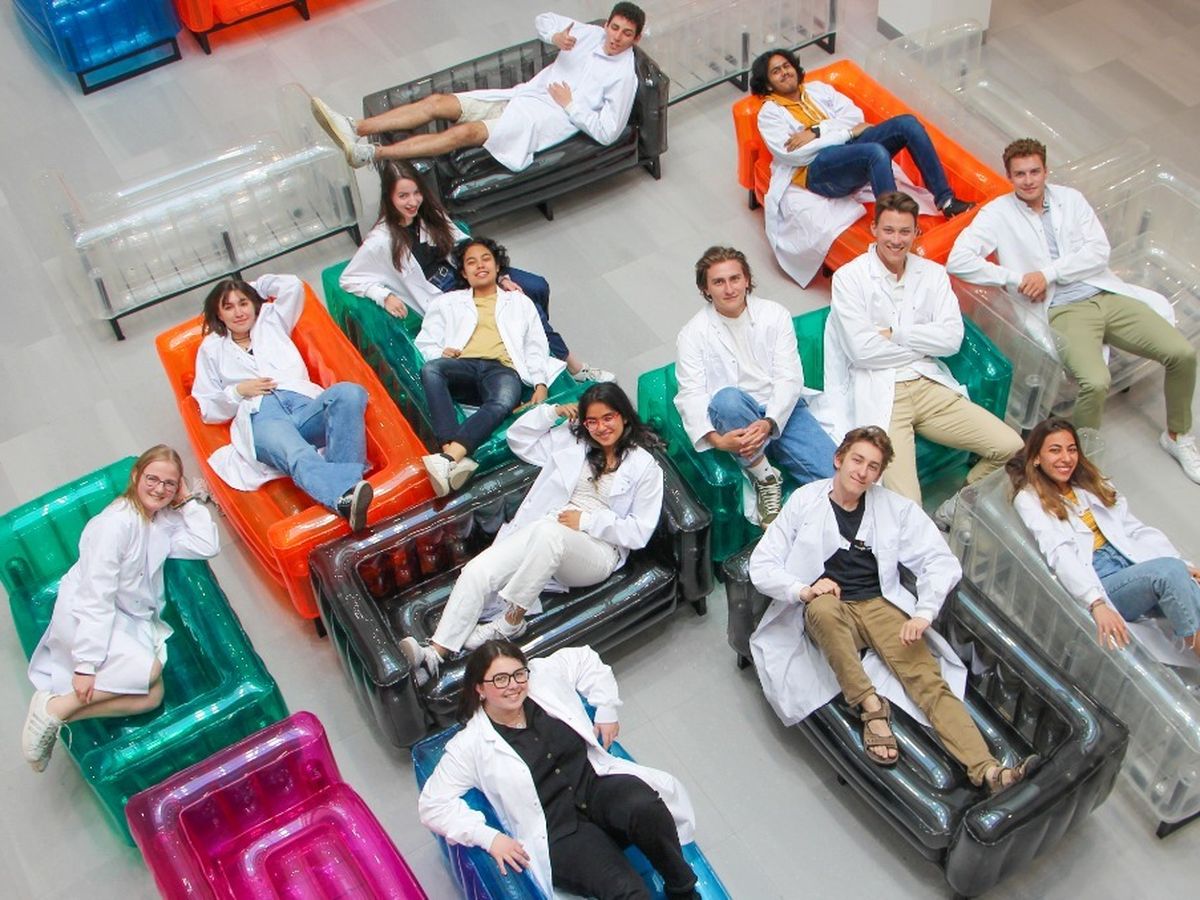
Donation protected
Every single donation will help us achieve our goal of developing an accessible, energy-efficient and green alternative to currently existing desalination methods.
Who are we?
We are a group of 14 students from Maastricht University (Netherlands) developing a novel seawater bio-desalination technology. We are doing our research within the framework of the international synthetic biology competition, iGEM, hosted by the Massachusetts Institute of Technology (MIT). As we are independent of the University, and in order to further boost our research and cover operational costs, we are seeking financial support in achieving our goal of developing a green alternative for water desalination.
What is our idea?
Our team decided to tackle the ongoing issue of water scarcity and climate change, both locally and globally, by developing a biosynthetic approach to water desalination, which is fully CO2 neutral.
How are we planning to implement it?
All cells have membranes responsible for maintaining the organism’s homeostasis, meaning that they ensure that temperature, pH and molecule concentrations stay balanced. However, with the tools of synthetic biology, we are able to tweak the organism's natural systems and use them for our needs.
We aim to genetically modify marine bacteria, such that they will be able to take up larger quantities of salt than they would naturally. Salt is a molecule that when dissolved in water, separates into chloride and sodium ions. We will make the bacteria express more chloride and sodium transporters leading to a higher import of these ions into the cell.
Furthermore, we will immobilise the bacteria on a reusable silica surface allowing us to implement our modified bacteria into an industrial batch process. This process can be described as follows:
First, the modified bacteria get attached to the surface, which will then be exposed to seawater. After the bacteria take up the salt and thereby desalinate the water, the surface will be removed from the water. Lastly, the bacteria get detached from the surface, a new layer of bacteria is attached and the process can start from new.
Why is this new technology important?
Current desalination technologies are very energy-intensive. Each day, desalination plants around the world consume more than 200 million kilowatt-hours. Considering that this electricity mainly does not come from renewable sources, this has an immense CO2 impact on the world, further increasing the effects of climate change. To prevent this, we are planning on delivering an energy-efficient bio-desalination method for industries and agriculture. Every drop of water produced from bio-desalination is one step against water scarcity and climate change.
What will your donation be used for?
The funds will be used for various cases, which can be clustered into two main blocks. On the one hand, the money will be used to cover competition-related expenses, such as the registration fee, to be able to present our idea to over 7000 participants in Paris.
On the other hand, and more importantly, the funds are used to propel our research and raise the quality of our findings, targeting the goal of developing a functional prototype by the end of the year.
Co-organizers (3)
Erik Steen Redeker
Organizer
Maastricht
Anirudh Rajesh
Co-organizer
Natalie Varahram
Co-organizer